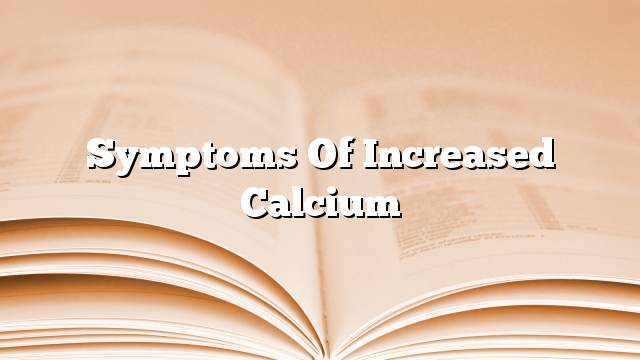Calcium
Calcium is an important mineral for dental and bone health, cardiovascular systems, nerves and blood clotting. It is used in the form of capsules for treatment and prevention at low levels in the body that cause bone problems such as fragility (weakness of bone due to low density), rickets (problems in children involving bone softening), and bone lumen. It is also used to treat premenstrual syndrome, leg cramps during pregnancy, high blood pressure in pregnancy (preeclampsia), and reduces the risk of colorectal cancer. Some use calcium for postoperative complications, high blood pressure, cholesterol, Lyme disease, to reduce high fluoride levels in children, and to reduce high lead levels. Calcium carbonate is used as an antacid (heartburn) and is also used to lower phosphate levels in people with kidney disease.
Calcium-rich foods include milk, dairy products, rapeseed, cauliflower, citrus juices, mineral water, canned fish with bones, and calcium-treated soy products. Calcium may interact when taken with other drugs, so it is advisable to take it at a different time to avoid these harmful reactions.
Increase the proportion of calcium and its symptoms
A person may be at risk of developing calcium poisoning due to taking a large percentage of his supplements, which are in the form of pills and medicines, knowing that the calcium in foods does not affect the body at all, and increase it may lead to a person’s severe constipation and continuous, and may also interfere with the ability of the body to Absorption of iron and zinc. As for the elderly, the increase in calcium lead to the risk of kidney stones, so it is important to adhere to the quantity and not to take supplements without consulting a doctor or taking a prescription.
A person with an increased calcium may experience extreme thirst and urination because the kidneys have doubled their work to clear it of blood as much as possible, as well as causing pain in the stomach. The person feels nausea, vomiting and constipation. The excess calcium may leak to the blood, causing the person to feel pain in his bones, and in some cases cause general muscle weakness. Increased calcium can interfere with the way the brain works, leading to constant confusion, fatigue and fatigue. If you feel any of these symptoms, you should see your doctor and get in touch with him immediately for proper treatment. You may be exposed to many other health problems that are not mentioned.
